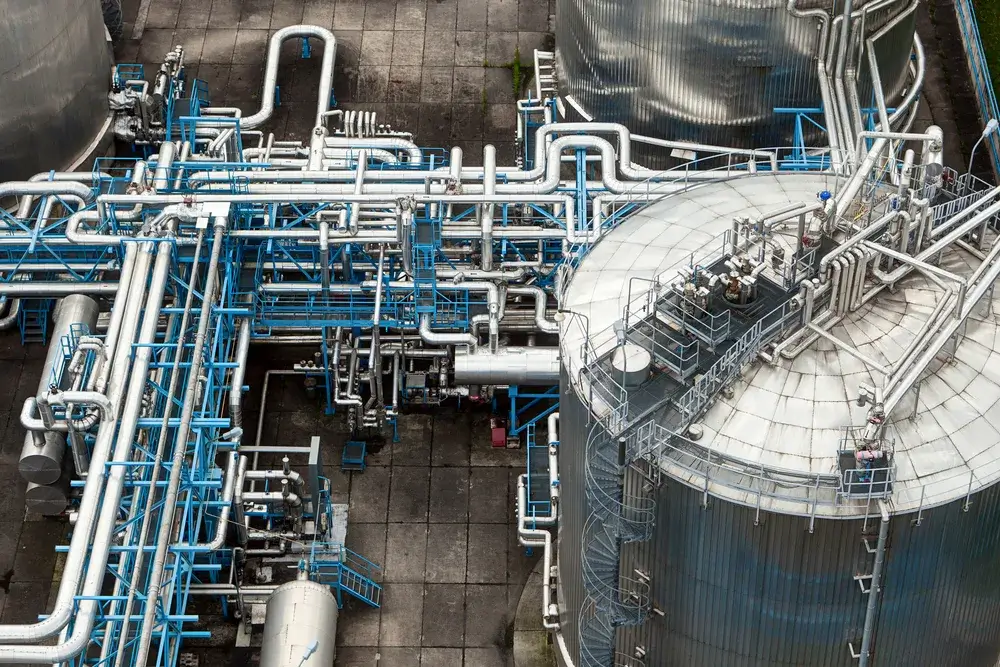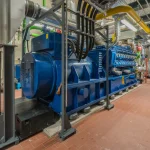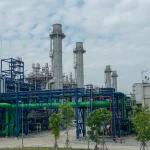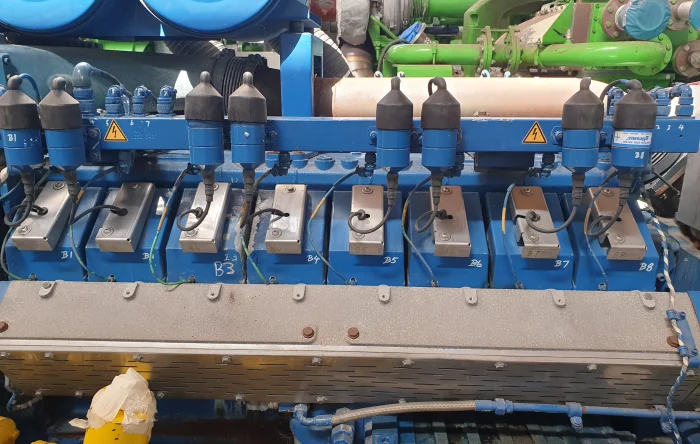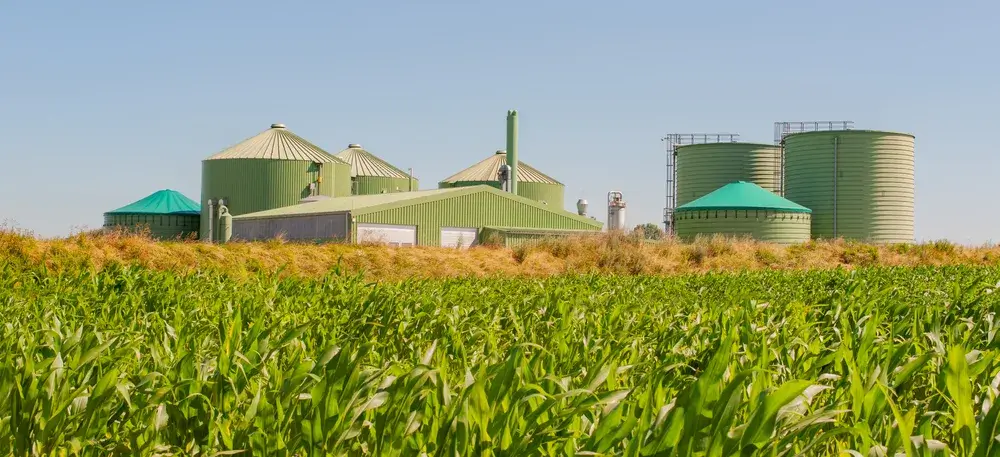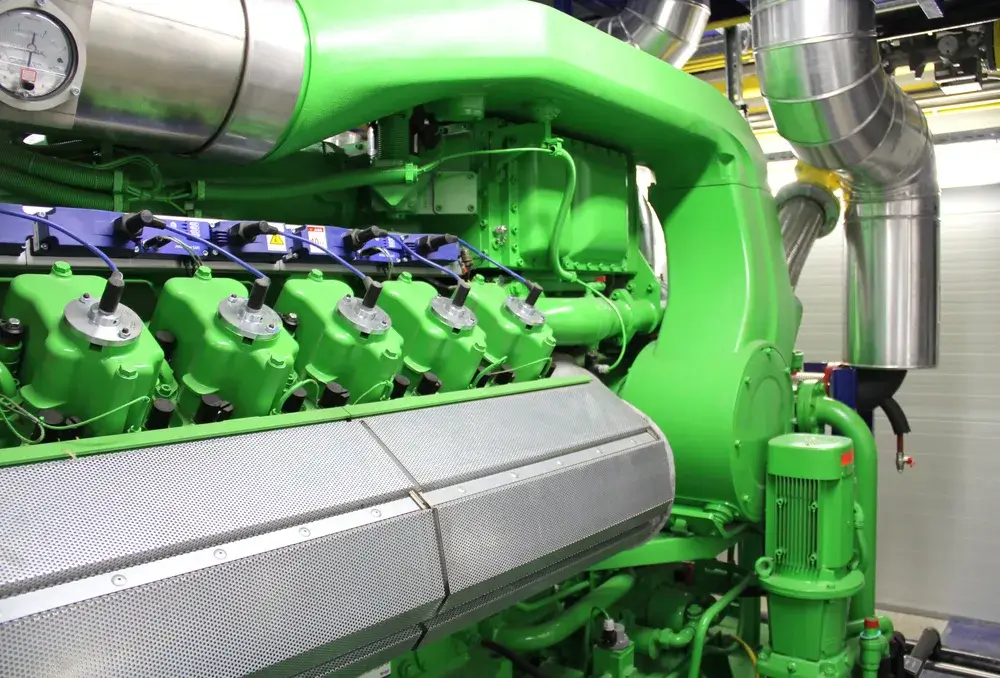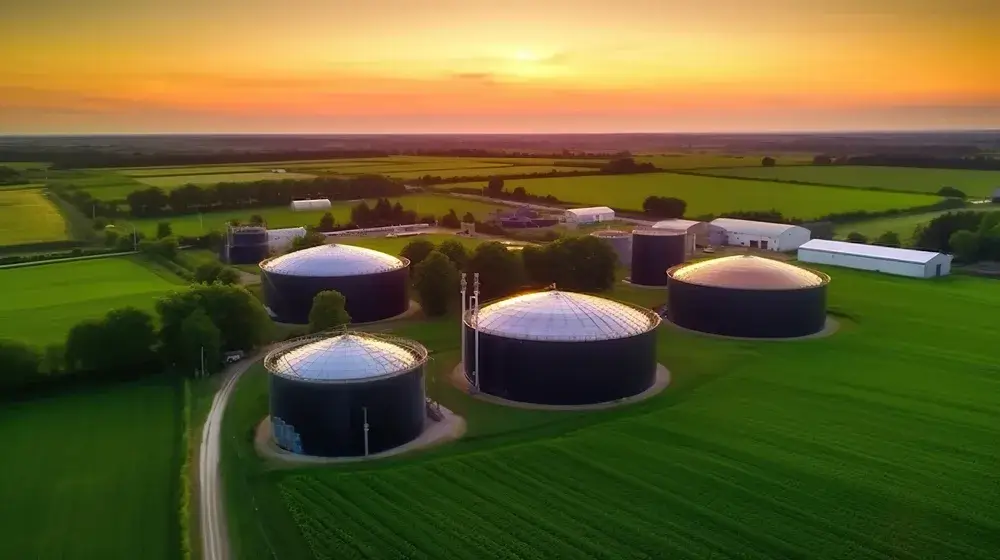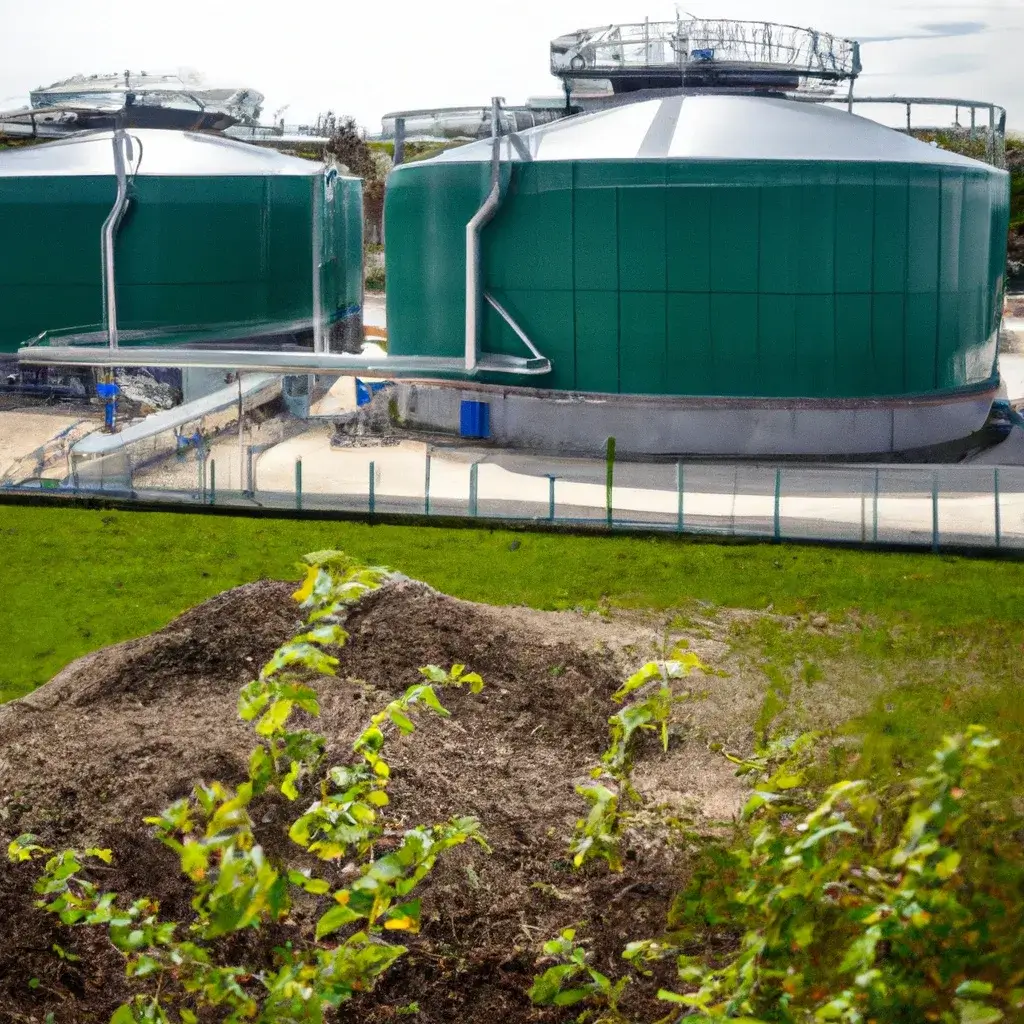IPP and CPP? What do these energy solution abbreviations mean?
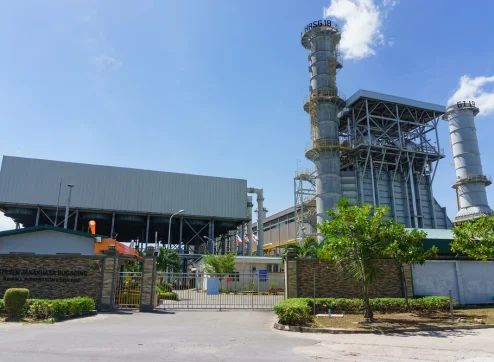
Navigating the complex landscape of energy production and agreements can be challenging, especially with the myriad of abbreviations like IPP and CPP.
This article breaks down these essential terms to clarify their meanings and distinguish the roles they play within power production.
Introduction to Energy Sector Acronyms
In the energy sector, acronyms like IPP and CPP are frequently used to denote specific concepts crucial to understanding the industry’s infrastructure and operations.
These terms represent different entities that play big roles in how energy is generated, distributed, and commercialized, helping professionals navigate the complex landscape of energy management and policy.
What is an IPP?
An Independent Power Producer (IPP) is a non-utility entity that generates power for sale to utilities and end users. IPPs are significant because they contribute to increasing the electricity supply and promoting competition in the energy market, often driving innovation and efficiency improvements in power generation.
What is an Independent Power Producer (IPP)?
What is an IPP? In this article, you will find the answer.
Understanding CPP
A Captive Power Plant (CPP) is a facility that is dedicated to generating energy primarily for the private use of a single business or organization, rather than for sale to the public grid. These plants are typically developed by companies to ensure a reliable, cost-effective energy supply, especially in regions with inadequate grid infrastructure.
Comparing IPP and CPP
Independent Power Producers (IPPs) and Captive Power Plants (CPPs) serve distinct roles within the energy sector. IPPs generate electricity primarily for sale to the public grid, contributing to a more competitive and diverse market.
In contrast, CPPs are established by companies to produce power for their own use, offering energy security and cost control but not contributing to the public supply.
This key difference highlights IPPs’ role in broadening energy access while CPPs focus on self-sufficiency and reliability for individual businesses.
Future Trends
The roles of IPPs and CPPs are evolving due to technological advancements and shifts towards renewable energy sources. Future trends may see increased integration of sustainable practices in IPP and CPP operations, and more flexible, innovative PPAs (Power Purchase Agreement) designed to accommodate renewable integration and changing market demands.
PowerUP helps IPPs and CPPs getting more efficient
PowerUP provides support to both Independent Power Producers (IPPs) and Captive Power Plants (CPPs) to enhance their operational efficiency. By offering advanced gas engine solutions and gas engine services, PowerUP helps these entities optimize their energy production processes and reduce operational costs.
Whether through high-quality gas engine spare parts, the implementation of more efficient control systems, or by providing gas engine repair or gas engine upgrades, PowerUP enables IPPs and CPPs to maximize their output and sustainability, thus driving more value from their energy operations.

